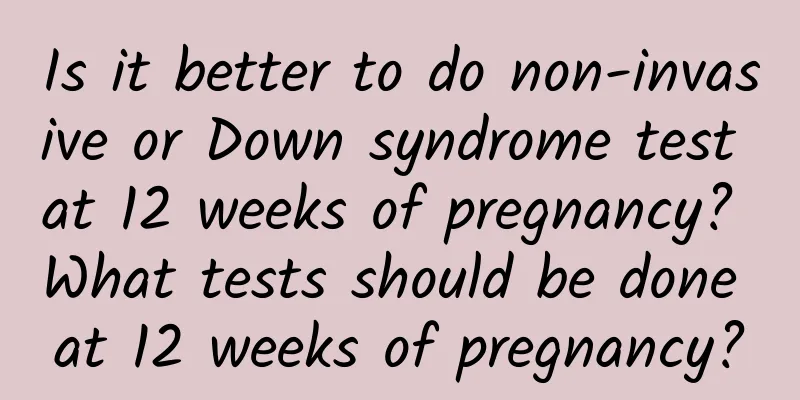Who would have thought that naps have so many benefits? How to unlock a high-quality nap?

|
In our busy lives, naps are often neglected, but they are of great importance. Today, let us enter the world of healthy naps with the Xiangdong Hospital affiliated to Hunan Normal University . 1. The health benefits of naps1. Slow down brain shrinkage After a morning of activity, the brain consumes a lot of energy and produces metabolic waste. A nap can give the brain a rest, reduce energy consumption, remove metabolic waste, and maintain normal metabolic levels. At the same time, naps help consolidate memory, improve learning and work efficiency, and have positive significance in preventing cognitive dysfunction such as memory loss caused by brain atrophy. In addition, naps can regulate the neuroendocrine system, reduce stress hormone levels, and are beneficial to the growth and maintenance of brain cells. 2. Reduce high blood pressure Taking a nap can lower average systolic and diastolic blood pressure, allowing tense blood vessels to relax for a moment. 3. Reduce the probability of cardiovascular and cerebrovascular diseases Studies have shown that people who take naps at least three times a week, with each nap lasting about 30 minutes, have a 30% lower risk of developing cardiovascular and cerebrovascular diseases than those who never take naps. In addition, a long-term follow-up survey of middle-aged and elderly people found that among people who insisted on taking regular naps, the proportion of cardiovascular and cerebrovascular diseases within five years was 15%, while the proportion of people who did not take naps was as high as 25%. 2. How to take a healthy nap?Although there are many benefits of taking a nap, many people not only feel tired but also feel dizzy and uncomfortable after waking up. Experts remind that taking a nap is also important. It is important to grasp the nap time and choose the right nap method. 1. The longer the time, the better The nap time should not be too long, about half an hour is appropriate. If the nap time is too long, you will enter a deep sleep state, and when you wake up from deep sleep, you will feel dizzy and affect your work and study in the afternoon. The recommended nap time is between 12-13 o'clock, and no later than 15 o'clock, otherwise it will affect the quality of sleep at night. 2. Don’t sleep right after eating Sleeping immediately after lunch may cause food reflux and gastric juice to irritate the esophagus, which may cause discomfort at the mildest and reflux esophagitis at the worst. It is best to rest for 20 minutes after lunch before going to bed. 3. Don’t sleep on the table Sleeping on the table will compress the arms and face, affecting blood circulation, causing numbness or even soreness in the arms and face. Sleeping on the stomach will also compress the eyeballs, causing high intraocular pressure and increasing the incidence of myopia and glaucoma. When taking a nap, it is best to lie flat on your back or side. If there is not enough space, you can put a pillow behind your head and lie in a semi-recumbent position to reduce pressure.
(Edited by YT) |
>>: Are you "insomniac" tonight? Learn these tips to help you sleep well all night!
Recommend
Is it good to drink coffee during menstruation?
Women's bodies are more fragile during menstr...
What is the reason for the small fleshy particles on the labia?
In real life, some women found small fleshy grain...
What causes frequent urination in women?
When frequent urination and urgency occur, it usu...
What is the reason for the decrease in fetal movement?
Fetal movement actually indicates that the fetus ...
Soft breasts after feeding
Breasts are a key symbol of a woman and are respo...
Can pregnant women eat lotus root powder soup?
Lotus root powder is a very distinctive snack. Th...
What are the early symptoms of ectopic pregnancy
In order to effectively reduce the impact and har...
Why do I have chest pain all the time?
I believe every woman has experienced breast pain...
What are the dangers of reverse menstruation?
Women's menstrual periods have a certain regu...
Is it normal to bleed the next day after a medical abortion?
Medical abortion is a type of artificial abortion...
There is a solution to infertility
Nowadays, more and more couples are suffering fro...
Can I eat dragon fruit during menstruation?
Nowadays, we all choose to eat more fruits, becau...
What is the cause of postpartum anal bleeding?
After ten months of pregnancy and one day of deli...
Is uneven endometrial thickening normal?
The thickness of the endometrium is different fro...
How to treat bacterial vaginosis
For many women, candidal vaginitis is no longer u...









